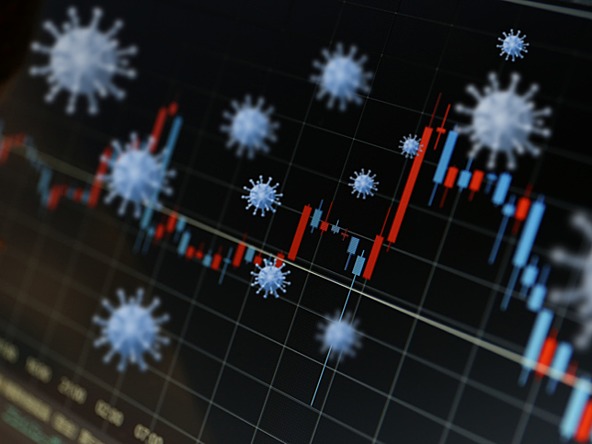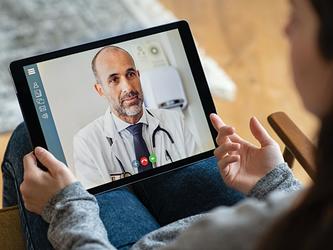Balance privacy and public health in Covid-19 tracing apps, says report

The report, called Digital contact tracing for pandemic response, includes some of the ethical, legal, policy and governance issues that countries must grapple with when developing and using DCTT.
Among the conclusions in the report is that privacy concerns about DCTT should not outweigh public health goals and other values, and that technology companies should not be able to unilaterally set the terms of the debate about DCTT given the wider public interest in their use.
The report comes as test and trace systems for stopping the spread of Covid-19 were launched in England and Scotland, with others using DCTT already in place in countries across the world.
The system in England started without an app that was being trialled in the Isle of Wight, and which had proved controversial in some circles for its reliance on a centralised rather than decentralised approach to data storage.
The John Hopkins report makes a number of other recommendations, including that the design of DCTT should not be static and should be capable of evolving depending upon local conditions, new evidence and changing priorities.
DCTT should be designed to have a base set of features that protect privacy, including a default of not sharing location data, with layers of additional capabilities that users could choose to activate, according to the report.
Governments should not require mandatory use of DCTT due to uncertainty over the burdens and benefits caused by the technology, the report states, and the success of any apps should be carefully and continuously monitored.
The report recommends that de-identified data collected through DCTT should be made available to public health professionals and researchers to support population-level studies and analyses.
Jeffrey Kahn, director of the Johns Hopkins Berman Institute for Bioethics, said: “As we move forward, we must strike a balance between privacy and values like equity, choice, economic well-being and solidarity.
“Too much emphasis on privacy could severely limit the ability to gather information that is critical for effective and efficient contact tracing to help beat the pandemic, and so the full range of interests and values of the public must drive this conversation—and not just those asserted by tech companies.”

We hope you enjoyed this article.
Research Live is published by MRS.
The Market Research Society (MRS) exists to promote and protect the research sector, showcasing how research delivers impact for businesses and government.
Members of MRS enjoy many benefits including tailoured policy guidance, discounts on training and conferences, and access to member-only content.
For example, there's an archive of winning case studies from over a decade of MRS Awards.
Find out more about the benefits of joining MRS here.













0 Comments